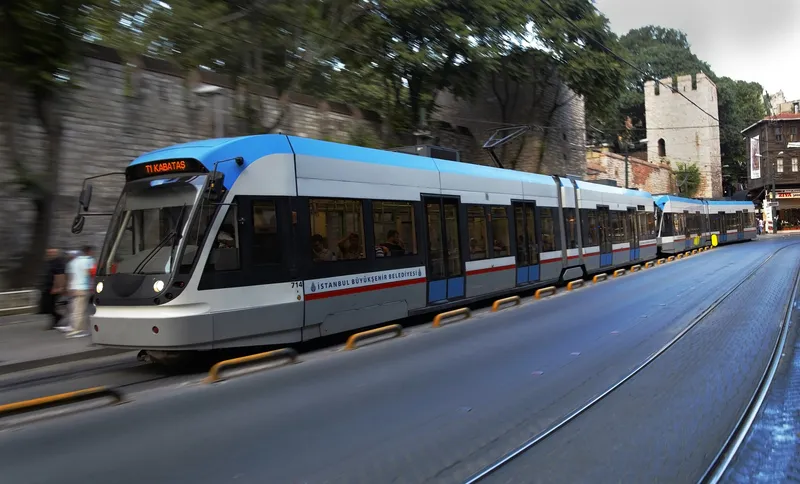
While Covid-19 has already changed the way we get about, new research may disappoint those who feel it is likely to see drivers desert their one-person private cars in large numbers.
Although there is a firm belief that cars will be increasingly shared and used in a way similar to the way public transport is used now, it's not something that most people actively want.
Automotive data services platform Otonomo finds that almost half (47%) of car owners think that "the future of mobility will look more like public transport than the one-family, one- or two-car model that prevails today".
But only 33% say that they want that future - and almost the same proportion (32%) are "very opposed to this idea".
Otonomo's report, Data-Driven Driving: Shifting into Shared Mobility and Autonomous Cars, shows that that Italian car owners were the most passionate about a future in which there is less of a one-person, one-car approach, with 39% saying: “I really want a shift towards this mobility alternative.”
Although not so expressive, 53% of UK car owners believed in the 'public transport-style' future too.
However, Otonomo's research highlighted that European car owners overall "are not yet ready to adopt a public transport-style mobility at the pace the industry is developing it".
41% of respondents are not interested in sharing their own car, while 38% turn up their nose at the idea of access to a shared car full stop.
Age is a factor: 43% of car owners under the age of 35 have a desire for public-transport mobility versus 31% of their older counterparts - but still "less than half of the under-35 group believe in the mobility vision".
The report is wide-ranging: on autonomous vehicles (AVs), it found that 38% are willing to ride in one and 60% felt that technology made cars safer.
However, 76% of those consumers who were “somewhat unlikely” or “very unlikely” to ride in an AV said the reason for their reticence was that they did not trust AV technology.










